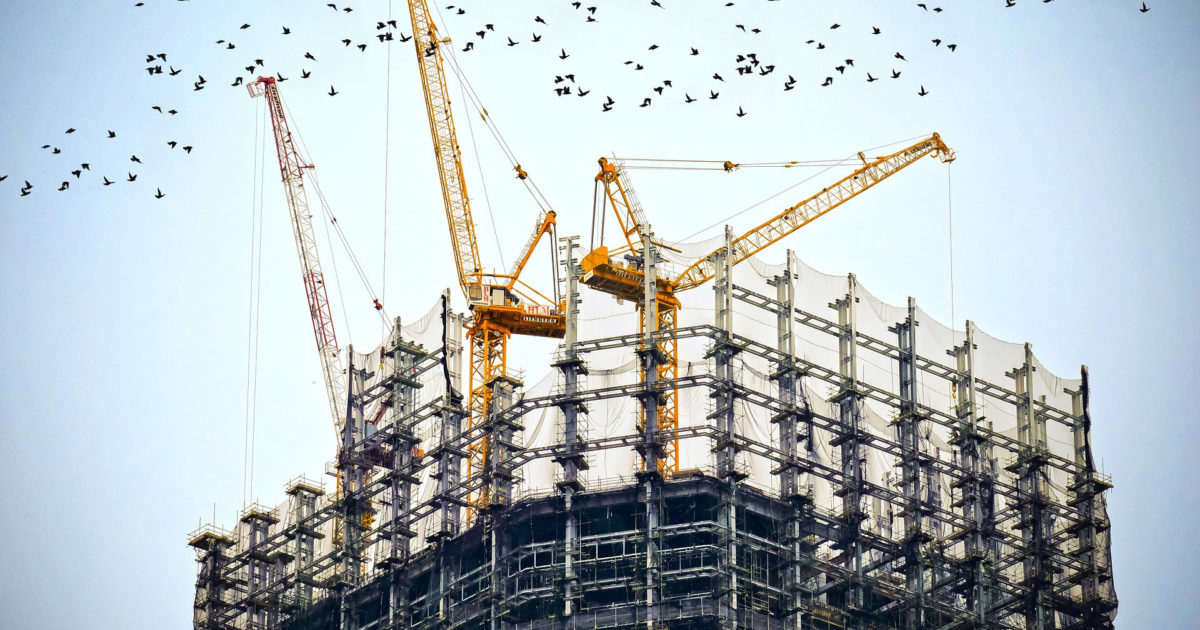In the ever-evolving landscape of construction, sustainability is no longer just a trend – it’s a necessity. As we progress into a future that demands environmental consciousness, the construction industry is stepping up to the challenge with groundbreaking innovations that not only reduce environmental impact but also enhance efficiency and durability.
1. Green Building Materials: Traditional construction materials often come with a hefty environmental cost. However, the rise of eco-friendly alternatives is revolutionizing the industry. From recycled steel and reclaimed wood to innovative materials like bamboo and hempcrete, builders now have a plethora of sustainable options to choose from, without compromising on quality or performance.
2. Energy-Efficient Design: With energy costs on the rise and climate change concerns mounting, energy-efficient construction practices have become paramount. Architects and engineers are incorporating passive design strategies, such as proper insulation, orientation, and natural ventilation, to minimize energy consumption and maximize comfort. Additionally, advancements in solar panels, wind turbines, and other renewable energy technologies are enabling buildings to generate their own clean energy, further reducing their carbon footprint.
3. Prefabrication and Modular Construction: Prefabricated and modular construction techniques are gaining popularity for their ability to streamline the building process while minimizing waste. By manufacturing building components off-site in a controlled environment, construction time is significantly reduced, leading to cost savings and improved efficiency. Moreover, modular construction allows for greater flexibility and scalability, making it an ideal choice for projects of all sizes.
4. Smart Building Systems: The integration of smart technologies is transforming traditional buildings into intelligent, interconnected structures. From automated heating and cooling systems to sensors that monitor energy usage and occupancy levels, smart building systems optimize performance, enhance comfort, and reduce resource consumption. Additionally, real-time data analytics enable building managers to identify inefficiencies and implement targeted solutions for improved sustainability.
5. Green Infrastructure: Beyond individual buildings, sustainable construction encompasses the development of green infrastructure that benefits entire communities. This includes green roofs, permeable pavements, and rainwater harvesting systems, which help manage stormwater runoff, reduce urban heat island effects, and promote biodiversity. By incorporating these elements into urban planning and development, cities can become more resilient and environmentally friendly.
At Lord Goodness Consults, we’re committed to leading the charge towards a more sustainable future. By embracing these innovative practices and technologies, we’re not only constructing buildings – we’re building a better world for generations to come. Join us in shaping a future where sustainability is the cornerstone of every construction project.
